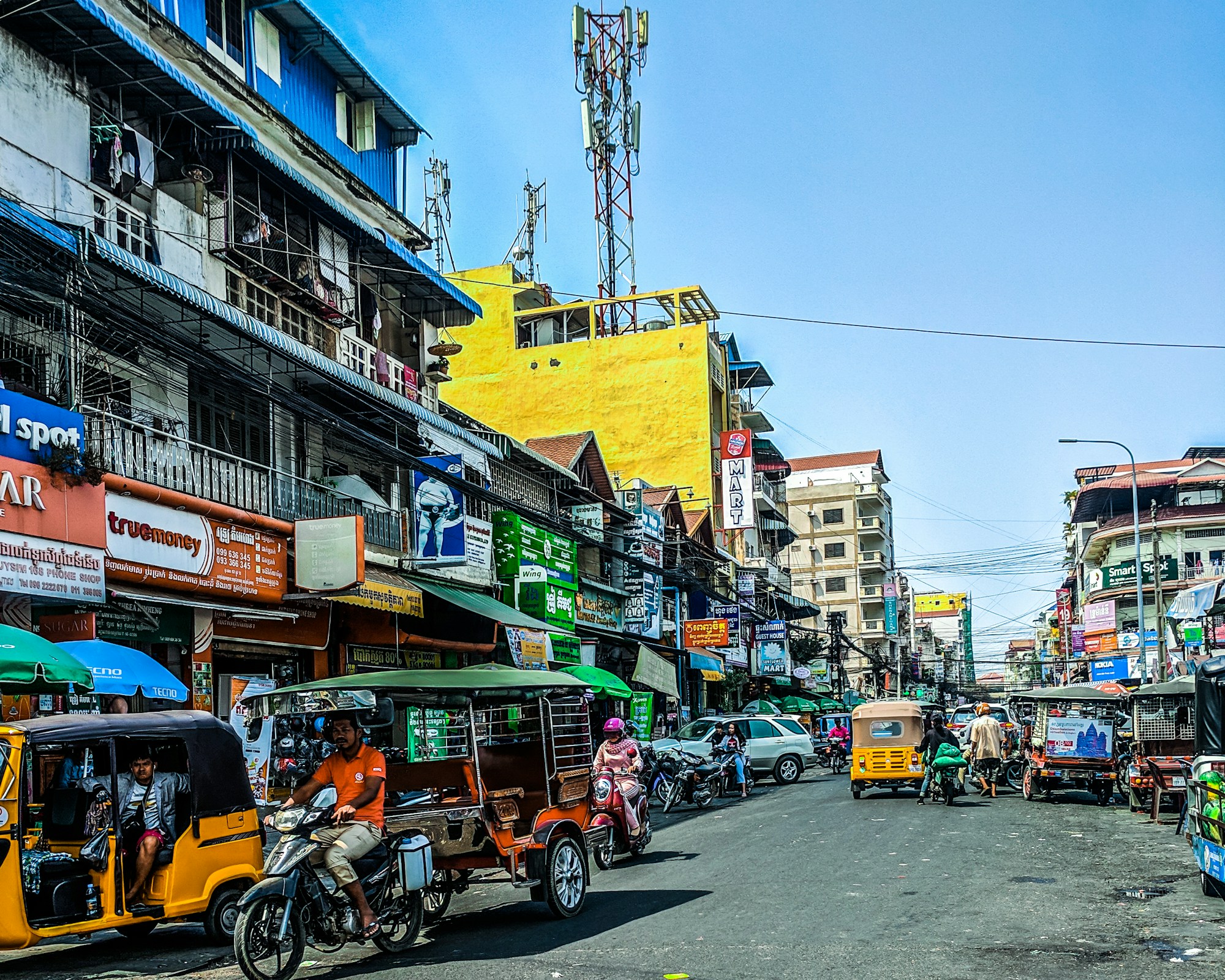Phnom Penh Culture & Traditions: Local History, Customs, Festivals

Phnom Penh: A City of Culture & Traditions
Phnom Penh, the vibrant capital city of Cambodia, is not only known for its rich history and architectural wonders, but also for its unique culture and traditions. Steeped in centuries of heritage, Phnom Penh offers visitors a diverse tapestry of customs, festivals, and local experiences to explore.
Local History
Phnom Penh has a long and storied past, shaped by ancient civilizations and colonial influences. Originally founded as a small fishing village in the 14th century, it later grew to become the capital of the Khmer Empire under King Ponhea Yat in the 15th century. The city's history took a turbulent turn during the Khmer Rouge regime in the 1970s, but has since rebounded and flourished.
Customs and Traditions
The people of Phnom Penh, known as Khmers, have a strong sense of tradition and respect for their cultural heritage. One of the most prominent customs is the practice of greeting each other with a polite bow, known as the "sampeah," accompanied by a gentle pressing of the palms together in front of the chest.
Buddhism plays a significant role in the lives of the locals, and it is common to see people making offerings at the numerous pagodas and temples throughout the city. It is customary to remove your shoes and dress modestly when entering these sacred sites.
Another intriguing tradition is the art of Apsara dancing, a classical dance form that originated in the royal courts of Cambodia. This elegant and highly choreographed dance is a mesmerizing display of grace and precision, often accompanied by traditional music and elaborate costumes.
Festivals and Celebrations
Phnom Penh is a city that loves to celebrate, and its calendar is filled with colorful festivals and events. One of the most important festivals is the Khmer New Year, held in April, when the city comes alive with vibrant street parades, traditional games, and water-splashing festivities.
The Water Festival, also known as Bon Om Touk, is another popular event in Phnom Penh. This annual boat racing festival takes place on the Tonle Sap River and attracts thousands of spectators who gather along the riverbanks to cheer on the racing teams.
For those interested in experiencing the spiritual side of Cambodian culture, the Pchum Ben festival in September is a must-see. This Buddhist festival is dedicated to honoring the deceased and involves visiting pagodas to offer food to the monks and make merit for loved ones.
Local Experiences
No visit to Phnom Penh would be complete without indulging in the local cuisine. From mouthwatering street food stalls to upscale restaurants, the city offers a wide range of culinary delights. Don't miss trying typical Cambodian dishes like fish amok, a fragrant fish curry cooked in banana leaves, or the famous Khmer noodle soup known as kuy teav.
Exploring the bustling markets is also a must-do. The Central Market is a fascinating place to shop for traditional crafts, textiles, and local produce, while the Russian Market, named after the large expat community from the Soviet Union, offers a unique shopping experience with an array of clothing, jewelry, and souvenirs.
Lastly, taking a leisurely stroll along the picturesque Riverside promenade is a fantastic way to soak up the atmosphere of Phnom Penh. From street performers to outdoor bars and restaurants, this vibrant area along the Tonle Sap River is a popular spot for both locals and tourists.
